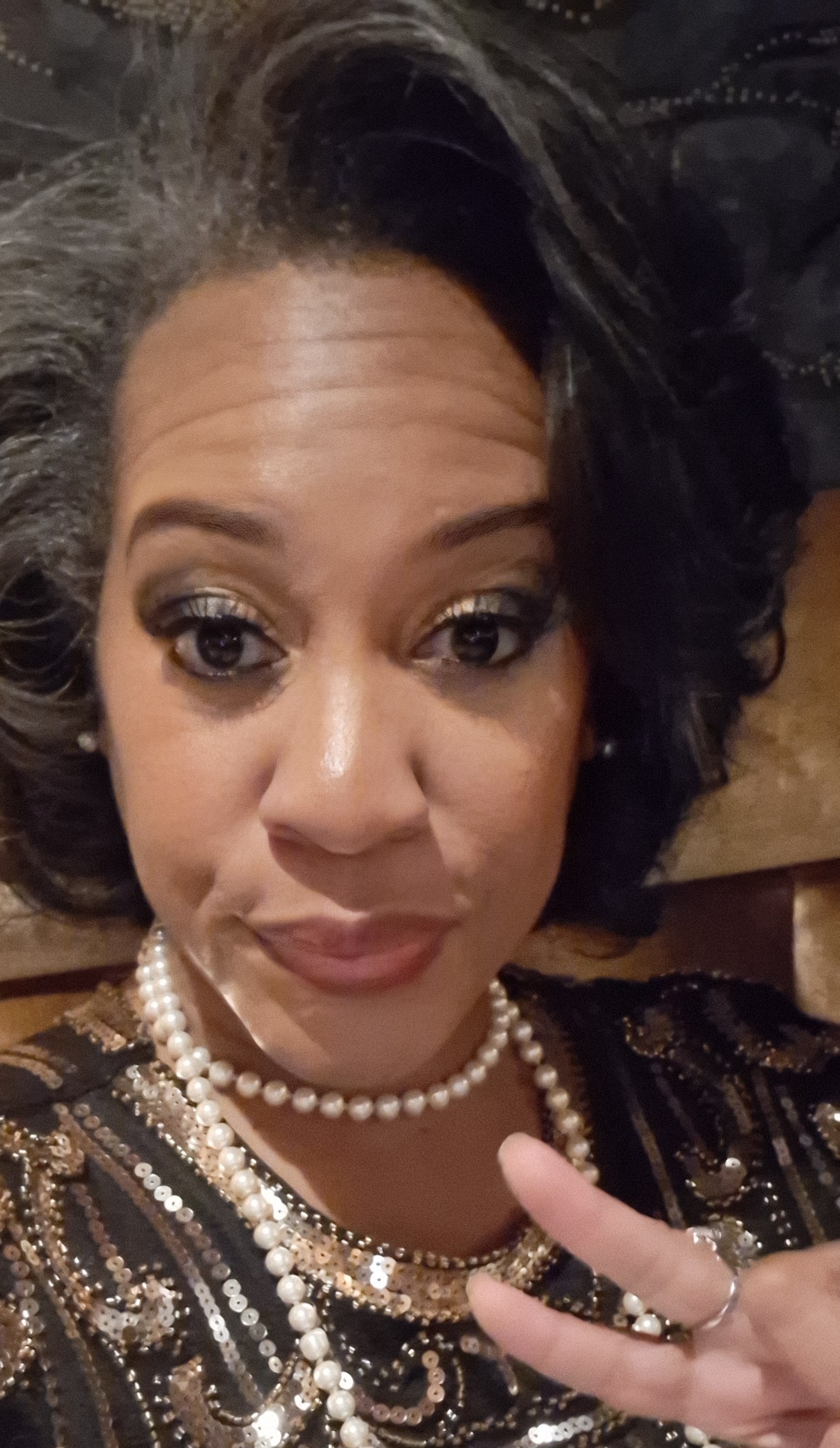Greetings NERA Family,
With the new year brings a new promise for changes. Most of our local gyms are packed to capacity with new members, motivated by the all to familiar slogan “New Year, New Me”, however by the break of March and the warm spring days, we often find that enthusiasm has waned and in its place is a familiar complacency.
A settling into the normalcy of comfort.
As educational researchers, we too may find ourselves in similar patterns. We begin the year with a renewed interest for specific topic and reinvigorated to seek out funding for our work. Perhaps over the various holiday gatherings and end of year celebrations, you have encountered a new person who is a member of our academic community. A spark was ignited to serve as a mentor or to receive knowledge as a mentee.
Don’t lose the spark!
Much like after the time when our nation fought against itself in the bloodiest war of our history (The Civil War), there is currently a very real attack on intellectualism. We see it in the appointments of agencies where those who are leading have no formal or specialized training. We see it in the degradation of undergraduate degrees. We see it in the underfunding of graduate and professional degrees. We see it in the suspension of funding for decades long valid and reliable research. We see it in the podcasters who decry college to be a scam and encourage other young adults to bypass in favor of simply listening to others or getting their information from the internet.
This year, the entire theme of my term as NERA president is “Keepin it REAL in the Age of AI”. AI does not only mean Artificial Intelligence, it also means Anti-Intellectualism.
Join us this year as we revisit a time reminiscent of Enlightenment combined with the Renaissance. We will have webinar series, virtual socials, and of course our annual conference to celebrate the greatness of our NERA membership that continues to pursue excellence in educational research with integrity.
The NERA Board of Directors, 2026 Conference Team and I look forward to seeing you all in Trumbull, CT October 14-16.
Let's KEEP IT REAL together!!

